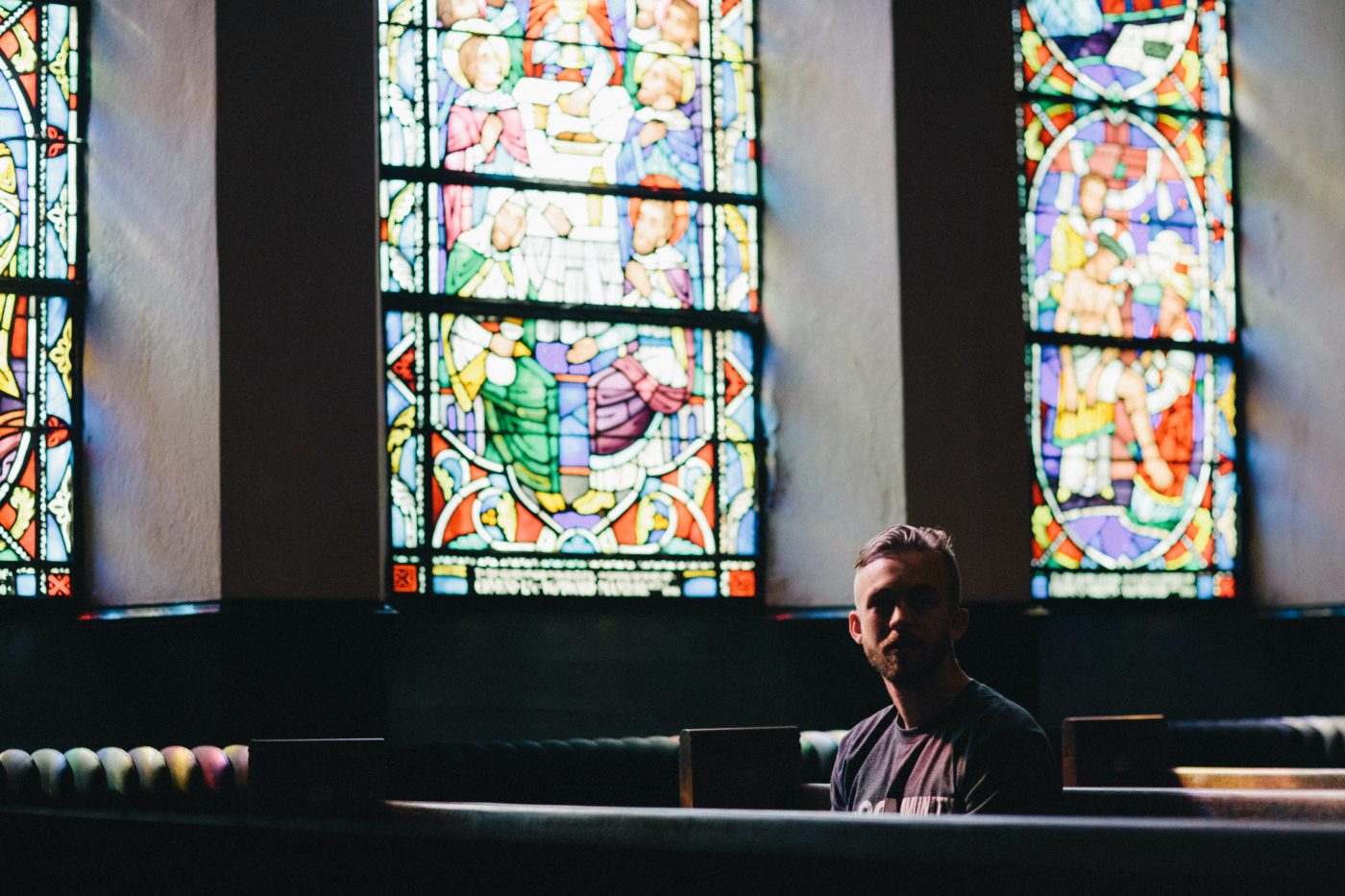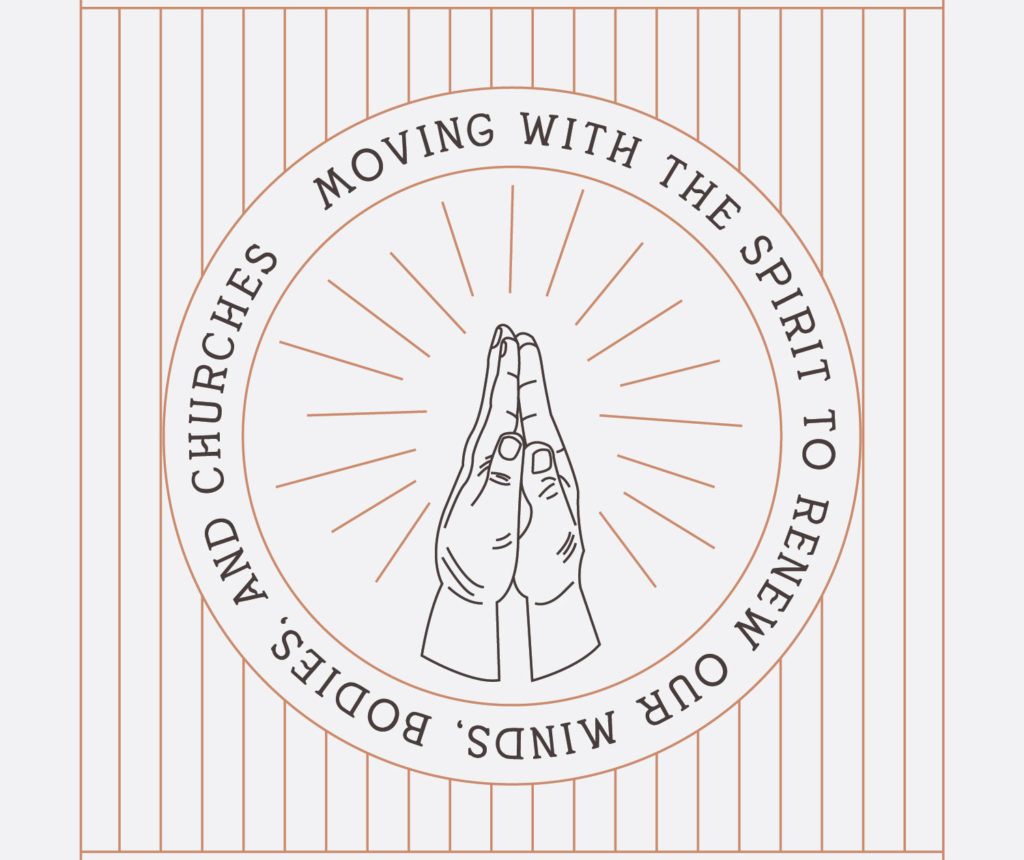
Worship Leader Q&A: How Do You Lead the Skeptic?
*Editor’s Note: Not everyone who comes to church is convinced that the worship songs are true. Songs about God’s goodness and faithfulness strike some people as a mismatch to their experience. Recently I got to host a conversation with four worship leaders about how to lead people in worship who are skeptical about God or the church. The four worship ministers were Corey Scott of Springfield, MO; Dave Stovall of Franklin, TN; Luke McCoy of Marion, IA; and Shawn Frazier of Murfreesboro, TN. For previous conversations with these worship leaders, click here and here.
Q: Have you noticed any increased cynicism toward God and/or the church? If so, what do you think is behind that?
Shawn: In our country, so much of the idol revolves around self and what I feel. So, if you have a church explaining that there is truth and that it’s not the same as what you feel, the church is in direct opposition to where the culture is. Obviously, they’re not going to get along.
Corey: I’ve sensed it that if we don’t react to current cultural issues from the platform, people automatically assume that we don’t care or that we’re somehow complicit. We’ve had serious discussions with people who are upset because they expect us to pick a political side from the platform. There is a cynical, bitter part of our current culture that makes a lot of assumptions.
Dave: I have noticed a cynicism toward God and church, but I’ve also seen it toward fellow believers—whether the topic be COVID, racism, or the election.
As for cynicism toward God and the church, for me and a lot of my friends who grew up Southern Baptist, we were taught certain beliefs and traditions as the only truth. Then, when we grew up and realized a lot of what we were taught wasn’t in the Bible (like the sinner’s prayer), these realizations started cracking the foundation of our faith.
As for the cynicism we’re seeing toward each other: Maybe it’s just Southern culture, but people don’t know how to disagree with each other. You disagree? Okay, then I don’t like you as a person anymore. Add in our tendency to hide behind social media, and the result is often a lot of stereotyping and cynicism toward each other.
Q: A lot of our worship songs say messages like, “God is so good. God loves me so much.” My guess is that you’ve got people in your church, who, from the looks of it, aren’t convinced. Maybe they’re cynical about God’s goodness. As a worship leader, what are some things you feel as you look out and see people who seem to be doubting the goodness of God?
Shawn: Sometimes you look out and you know their circumstances. There could be addictions, marriages falling apart. So I often look out and feel compassion. I feel heartbroken. You would figure that followers of Jesus aren’t going to have to go through all that, but they do. You look out and see them and feel glad that they came to church.
Luke: I will look out and see people who seem to be struggling, and I will find myself breathing prayers for them. Help them to connect with You. Draw them closer to You.
Corey: It’s also important to acknowledge that, even as we want to shepherd people, we can’t always tell from the stage where a person is. Someone can be in a posture of full abandonment before God and yet there can be something major hidden in there. On the other hand, you can have somebody who is stoic and stone-faced, and yet on the inside there’s a depth to their worship I had no idea about. I can’t read the room with absolute certainty.
So, what I can do is model worship—even a worship that is costly. I can have transparency and self-disclosure showing people that it’s okay to worship through your own uncertainty and pain.
Q: As a worship leader, what message do you want to communicate to the skeptic in the audience?
Corey: First, that we’re expecting you. That’s what I want them to feel from the moment they enter. In 1 Corinthians 14:24, Paul refers to the person that doesn’t understand but who has come into the church assembly. In fact, the Greek word referring to this type of person is mentioned three times in 1 Corinthians 14. Paul is serious that the worship experience be inclusive of people who don’t understand. This isn’t necessarily a Willow Creek, seeker-driven model, but it is a recognition that friendliness and sensitivity toward the skeptic is a biblical expression of worship. I want the skeptic to feel welcomed and I hope that he or she gains something from the experience.
Shawn: I want the skeptic to know that it’s okay to come in with doubt. And it’s okay to ask questions. A lot of people have terrible feelings about the church because their questions were shut down even without a conversation. The truth is, we’re all in here walking toward Jesus together.
Luke: I want them to know God’s goodness. In the green room before the service, I’m praying, “I know You’re good. Help them to see it.” So, before the service, we’re praying for God to connect with people who don’t see it yet.
Corey: For me, it takes a lot of pressure off to know that drawing people to God is what God does. I can’t force it. I can model the pursuit. I want to communicate that pursuing God can come from a place of brokenness, even from stumbling and falling. As Psalm 37:24 says, “Though he may stumble, he will not fall, for the Lord upholds him with his hand.” God doesn’t want perfection from us; He wants our pursuit.
In the green room before the service, I’m praying, “I know You’re good. Help them to see it.”












